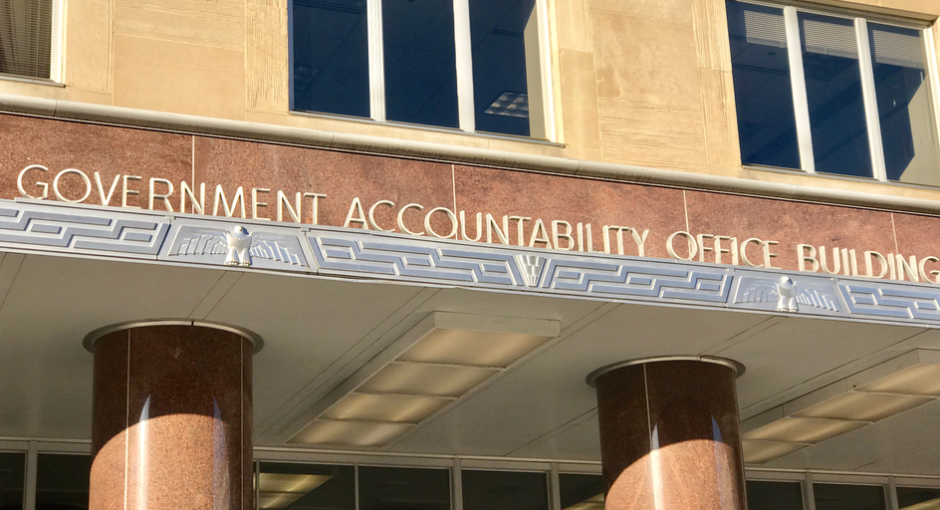The Government Accountability Office (GAO), Congress’s watchdog agency, is conducting a study of a new law that enables hospitals to maintain or regain their 340B eligibility despite having fallen below the minimum required Medicare disproportionate share (DSH) adjustment percentage due to COVID 19-related changes in patient mix, says Michelle Rosenberg, GAO’s Director of Health Care. Sen. Richard Burr (R-N.C.) and Rep. Cathy McMorris Rodgers (R-Wash.) requested the study, Rosenberg says.
Burr is the ranking Republican on the Senate Health, Education, Labor, and Pensions Committee and McMorris Rodgers is the top Republican on the House Energy and Commerce Committee. These committees have direct jurisdiction over the 340B program. The request to GAO could signal renewed interest in oversight and potential changes to the 340B program if the House and Senate flip to Republican control.
The study is currently underway and in its early stages, says Rosenberg. She says Burr and McMorris Rodgers asked GAO to look at the particular hospitals that received an exception to the DSH adjustment percentage requirement as well as HRSA’s oversight of those hospitals. She says the exact scope and methodology for the study “have not been set” because the agency is still early in the research process and there is no estimated release date for the study at this time.
It is unknown when Burr and McMorris Rodgers made the request. Staff for both members did not respond to multiple requests for comment.
In March 2022, President Biden signed into law an appropriations bill with language to help some hospitals forced out of the 340B program during the COVID-19 pandemic to re-enroll. It is also intended to help others that similarly may lose their eligibility through the end of this year.
The 340B provision, which had broad bipartisan support, helps hospitals whose admission patterns were disrupted by the COVID-19 pandemic to the point that their Medicare disproportionate share (DSH) adjustment percentages fell below the levels needed to remain in 340B.
Hospitals nationwide suspended elective care for varying lengths of time to conserve resources for COVID patients, and this led to differences in demographics, insurance types, and clinical care of patients treated in 340B-eligible hospitals during these time periods when compared to the norm, 340B hospital advocates point out. Under the new law, hospitals could regain eligibility starting on the day that the law was enacted through the end of this year.
April 14 was the deadline for such hospitals that want to reenroll in 340B to attest to HRSA that the public health emergency (PHE) disrupted their admission patterns to the point that their Medicare disproportionate share (DSH) adjustment percentage fell below the level needed to qualify for 340B drug pricing.
Hospitals must fill out a three-page attestation form describing “any actions taken by or other impact on the hospital in response to or as a result of the COVID-19 PHE that may have impacted the hospital’s ability to meet the applicable required DSH percentage for participation in the 340B program.”
HRSA said in March that after the spending bill was passed it contacted 94 hospitals terminated from 340B during the pandemic for any reason to alert them about potential reinstatement.
On April 15, a HRSA spokesperson said that 48 hospitals had submitted attestations for reinstatement under the new law. HRSA declined to identify the hospitals. It is unknown if other eligible hospitals were unaware of or decided not to take advantage of the reinstatement option.
There is no guarantee that hospitals that apply for reinstatement to 340B will be let back in, no questions asked. HRSA told the 94 hospitals it contacted last month that “requests will be evaluated on a case-by-case basis.”
To the disappointment of 340B hospitals, the bill stopped short of allowing them to recover lost revenue from 340B discounts they would have received while ineligible—an amount reaching millions of dollars, some hospitals said. Still, the inclusion of some relief was considered a victory by hospital groups who had spent months lobbying for these protections.


